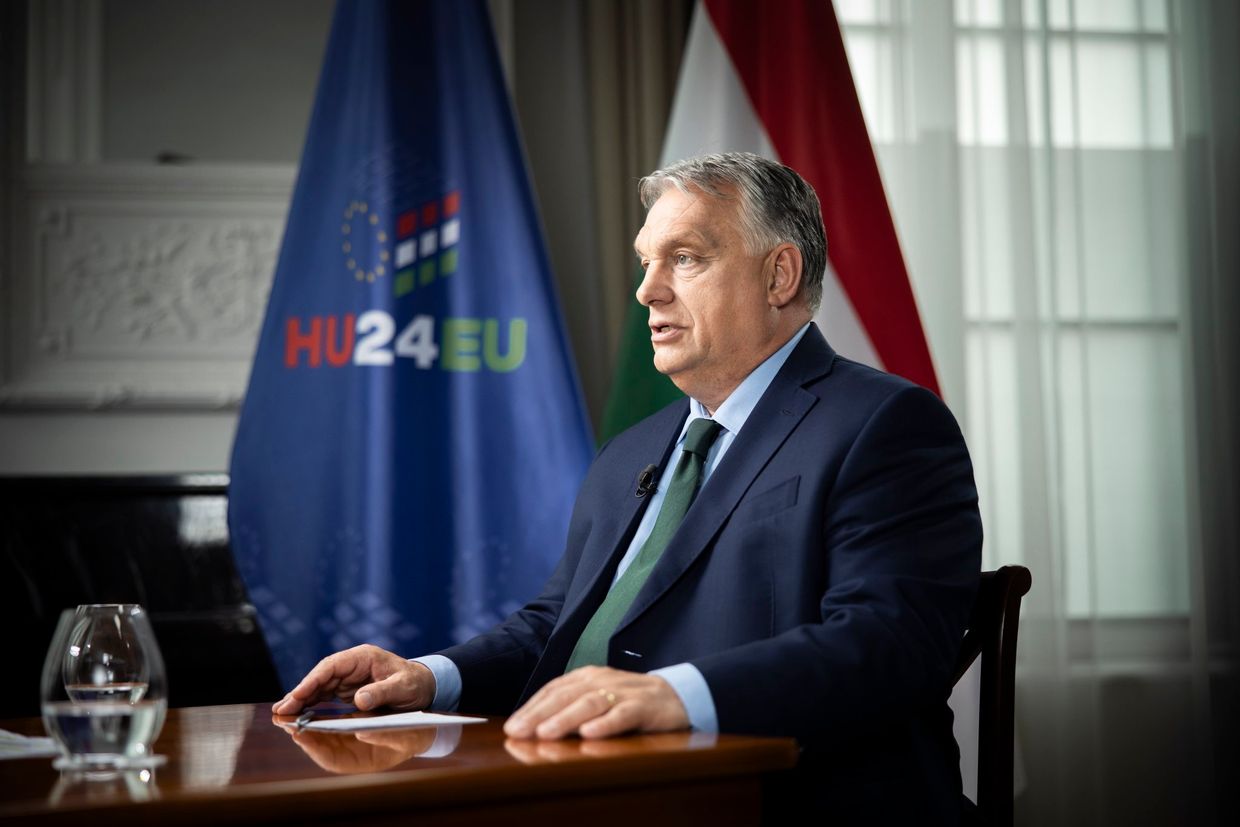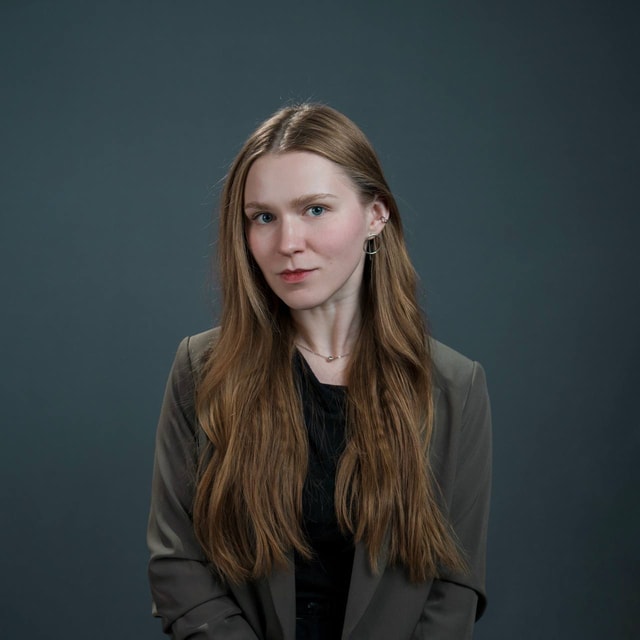Hungary, Slovakia seek EU consultations with Ukraine following ban on Lukoil transit

Hungary and Slovakia have asked the European Commission to mediate a consultation procedure with Ukraine after Kyiv hardened sanctions against Lukoil, Russia's second-largest oil producer, which led to a halt in supplies, Hungarian Foreign Minister Peter Szijjarto said on July 22.
Ukraine strengthened sanctions against Lukoil in June 2024, effectively removing the possibility that Ukraine can be a transit country for the company's oil. Yet, Kyiv's ban does not apply to other Russian oil exporters who still use the pipeline.
The restrictions have created supply shortages in Budapest, which depends on Russia for 70% of its oil supply, with Lukoil providing half of that volume, according to Politico.
"The Commission has three days to execute our request, after which we will bring the issue to court," Szijjarto told journalists in Brussels.
He called Ukraine's decision "an unacceptable move," which "violates the EU-Ukraine Association Agreement."
Kyiv is yet to comment on the Hungarian minister's remarks.
Lukoil is one of several Russian companies that supply oil to Hungary and Slovakia through the southern part of the Druzhba Pipeline in Ukraine. On July 18, the transit stopped.
Hungary has remained Russia's closest ally within the EU and has repeatedly opposed Ukraine's accession to NATO and the EU, opposed sanctions on Russia, and undermined Western aid efforts for Ukraine.












